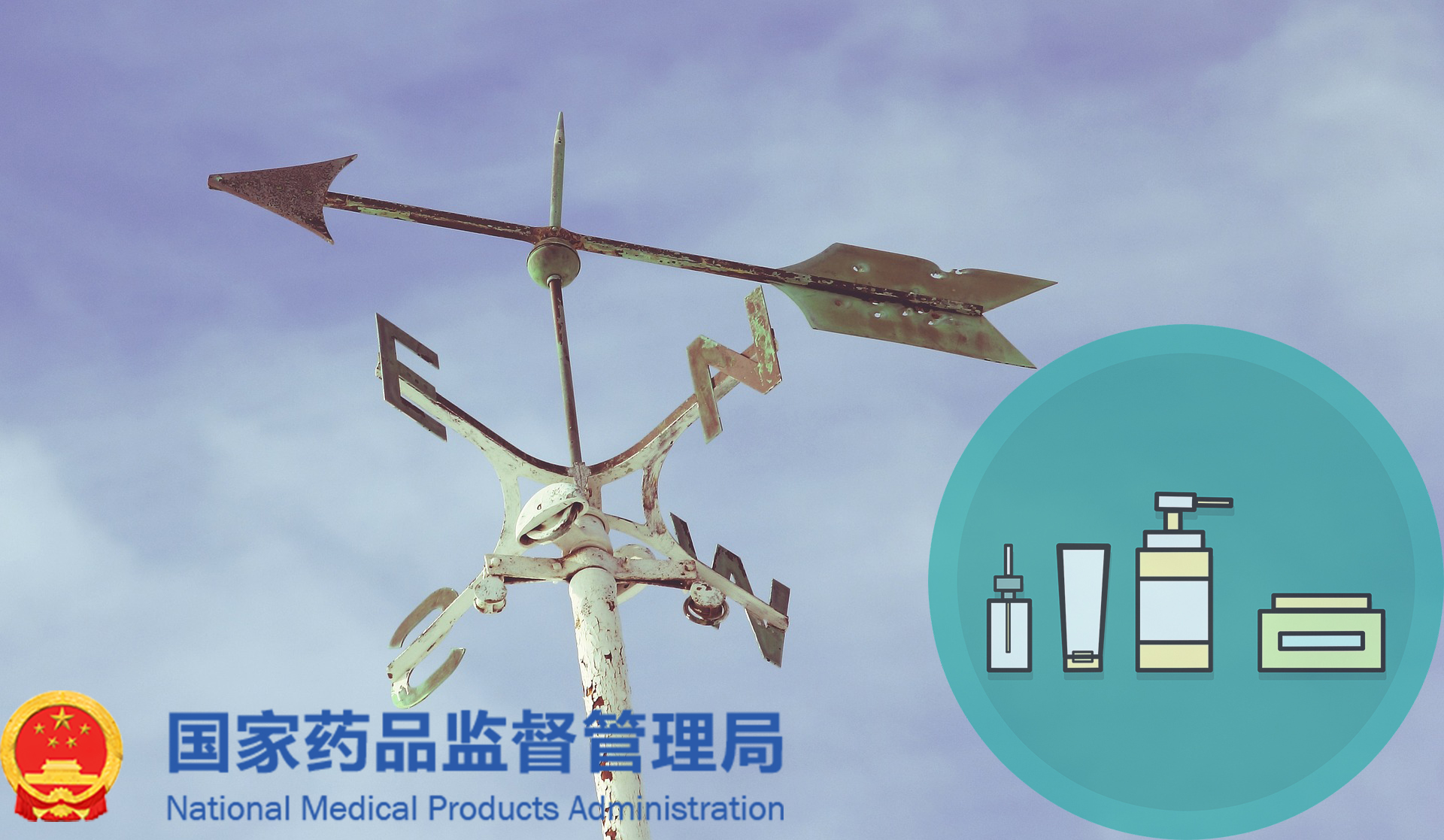
On January 12, 2021, the National Medical Products Administration(NMPA) issued the General Administration Order No. 35, stating that the“Administrative Measures for Cosmetics Registration and Filing” (hereinafter referred to as the “Measures”)was approved by the State Administration of Market Regulation, it will be implemented on May 1, 2021.
We analyze the first-hand information and articles and concluded five key points that may affect Foreign Brands business and registration as follows:
FIVE KEY POINTS
- 3 months grace period
Since the implementation of the “Measures”is on May 1, 2021, which means cosmetics brands have a three months grace period to catch the window and to complete the filing last time with the old notification system. But please be aware of that, the future restriction of the new regulation might still affect the previously notified products and are required to make supplements accordingly. So please pay close attention to the recent regulation changes if you already begin the registration and filing process.
- Important of Responsible Person
According to Article 8 of the “Measures”, it indicates that Responsible Persons of the brands in China will take more responsibilities than ever before. For example, the responsible person should take responsibility for the products’ quality and safety and also support the registrant and filing person to implement the Adverse reaction monitoring.
- Efficacy Data Requirement is removed from the articles
Compared to the previous draft version of “Measures”, the Efficacy data requirements have been removed from the articles. But this does not mean that cosmetics do not need to be evaluated for efficacy. In fact, the requirements for efficacy evaluation have been Written into the “Cosmetics Supervision and Administration Regulations (CSAR)”, so it is bound to be implemented.
But based on the current testing situation of the cosmetics industry, After all, even the testing standards have not been set yet. Therefore, we believe the efficacy data requirements are just temporarily removed and wait for the lab testing ability to be ready.
- Products from Hong Kong, Macao and Taiwan are not imported cosmetics
Article 62 indicates that the registration numbers of special cosmetics from China Taiwan, Hong Kong and Macao consist of domestic made cosmetics (Titles) with digits. It clearly defines the country-specific attributes of cosmetics made in Hong Kong, Macao and Taiwan.
So “Measures” defines Hong Kong, Macao and Taiwan cosmetics more clearly, but further registration and filing methods of cosmetics from Hong Kong, Macao and Taiwan are not specified yet.
- Clarify Confidentiality to relieve the company’s concerns
Cosmetics Enterprises are always worried about the exposure of commercial secrets caused by the submission of ingredients and formulas. The “Measures” stipulates that without the consent of the registrant/filer, NMPA, professional technical institutions and their staff, NMPA experts(review experts) are not allowed to disclose trade secrets, undisclosed information, or confidential business information submitted by the registrant or filing party, unless otherwise provided by law or involving national security or major social public interests.
This article is very important. When importing cosmetics, all ingredients and their specific concentration must be submitted. Brands have always worried about whether the confidentiality of information is guaranteed. Now that it is written in the “Measures”, this confidentiality does matter and has been clarified.
Download original copy from our Asia Regulatory Database: Click Here
Read the English Copy Here


